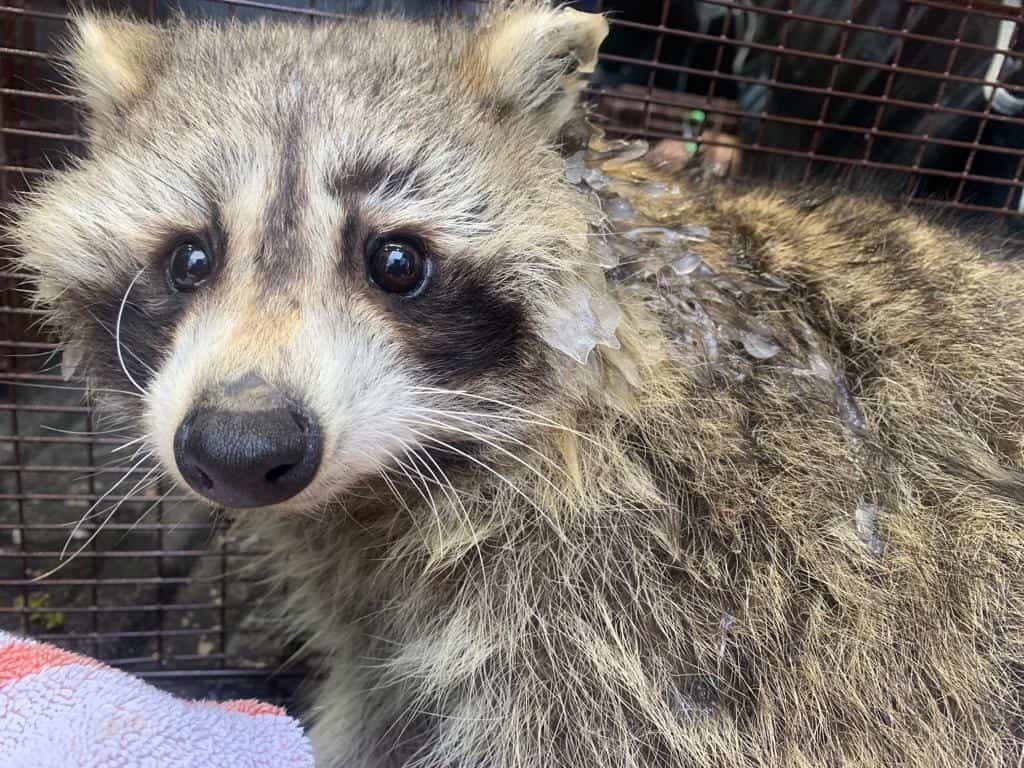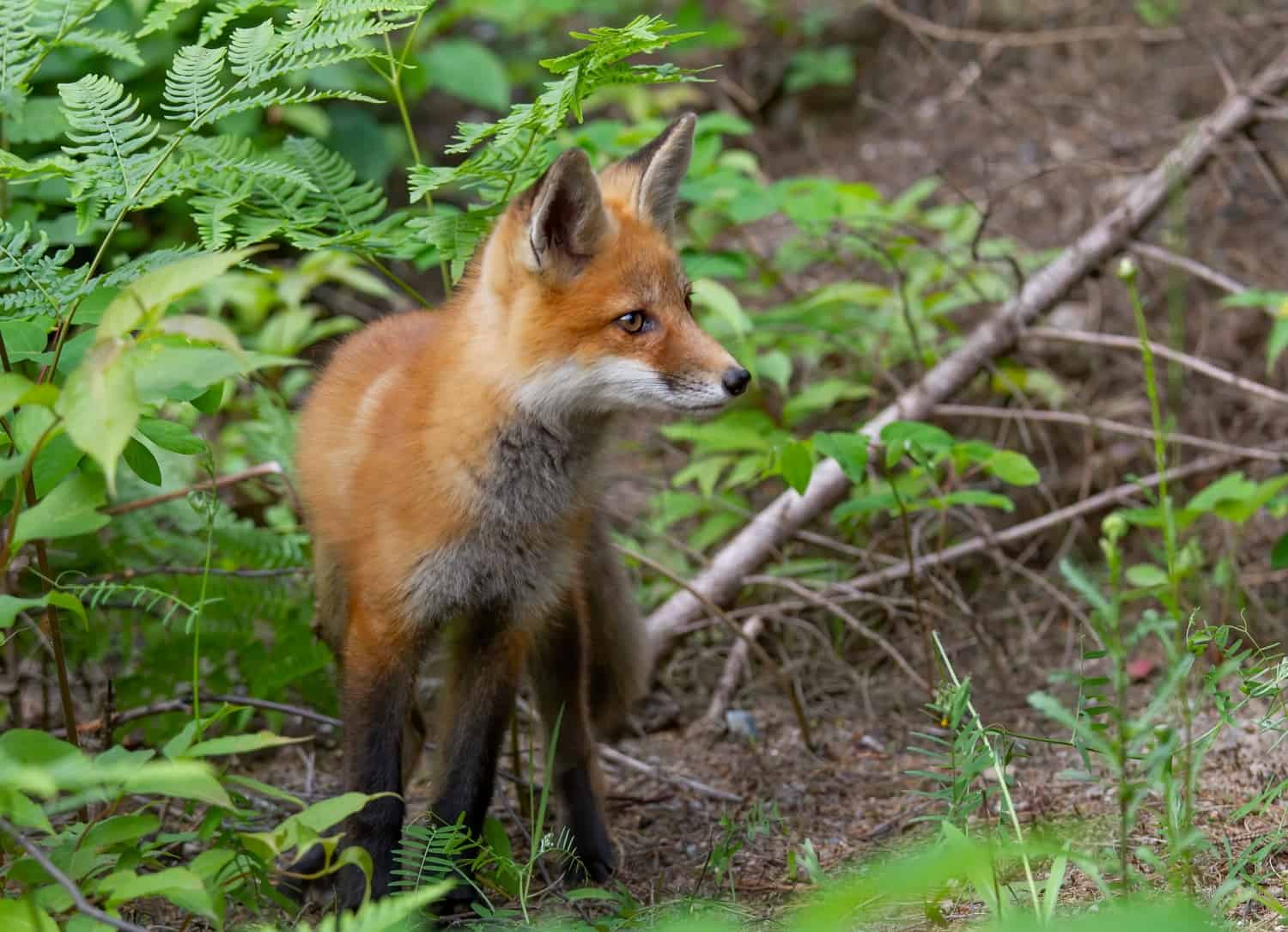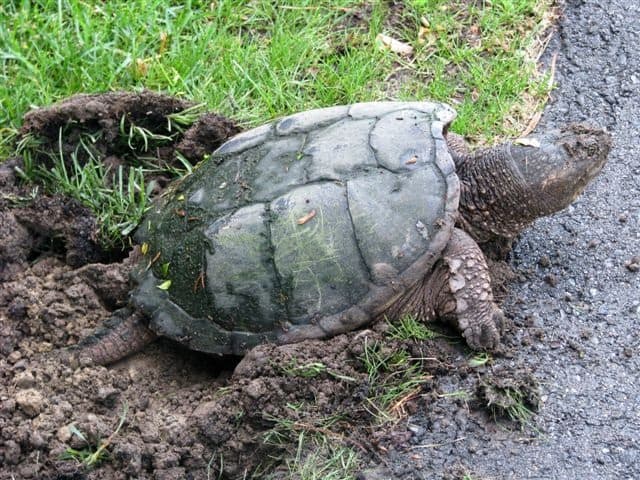Changes in weather threaten Mississauga’s wildlife, City says
Published July 28, 2022 at 1:40 pm

Heat waves, milder winters and more intense rain and wind storms in the past five years have not only impacted people in Mississauga and other southern Ontario cities, but the climate changes are threatening wildlife as well.
That’s the word from City of Mississauga officials, who warn that “as our climate changes, we’re experiencing warmer temperatures and gradually changing weather patterns, disrupting the balance of nature with major consequences on wildlife globally, as well as here in Mississauga.”
Mississauga is home to an array of wildlife including deer, coyotes, foxes, beavers, opossums, rabbits, raccoons, skunks, rats, squirrels, wild turkeys and a range of birds from Canada geese to pigeons and many varieties in between.
Some impacts adversely affecting Mississauga’s “fragile wildlife,” according to the City, include:
- increased disease
- increased invasive species (such as the gypsy moth and Emerald Ash Borer, which attack and kill trees)
- diminished food sources
- habitat loss
- strained reproduction cycles

“Climate change is not only a human problem. Mississauga’s hotter summers and milder winters also affect wildlife,” a City spokesperson said in a press release today (July 28). “Many animals including mammals, birds, amphibians, reptiles, insects, fish and others experience the effects of climate change, just like we do.
“Over the past five years, Mississauga, like many other cities, has experienced more intense rain and windstorms, which have damaged trees, wildlife habitats and aquatic ecosystems.”
Wildlife in Mississauga depend on healthy habitats that include the right temperatures, access to water, food sources and comfortable areas to raise their young, Mississauga wildlife experts note.
“Climate change is developing quickly and altering wildlife’s survival while putting natural resources at risk,” they add.
According to Credit Valley Conservation (CVC), the conservation authority in Mississauga, Brampton and Caledon, weather patterns the past 80 years in Peel show the climate is becoming warmer and wetter, with the greatest changes occurring during the last three decades.
“There has been an average annual temperature increase of 1.8 degrees (Celsius), double the rate of warming measured globally,” the authority notes.
One particular issue, according to officials, is that warmer weather reduces oxygen levels in watercourses like the Credit River. That can significantly impact fish, including trout and salmon, as well as native plants, reptiles and amphibians, they caution.
“The Eastern hemlock, a native tree in the Credit River Watershed, is also in decline because of changing weather patterns,” officials say. “This tree species provides important habitat to birds who nest in the dense foliage and shades streams to cool down water temperatures. The loss of native trees can further affect streams that are already warming due to changing temperatures.”

Another problem identified by City and CVC officials is that the warmer temperatures also increase the range and population size of mosquitoes, ticks and other pests that carry disease and transmit those diseases to animals.
“Wild mammals, like white-tailed deer, raccoons and small rodents like squirrels, chipmunks and mice can all carry ticks and can contract Lyme Disease,” officials note.
The West Nile Virus’ expansion in Canada has also been linked to climate change and has been found in more than 150 bird species, according to the CVC.
Owls, hawks, eagles and songbirds such as blue jays are extremely susceptible to that virus.
Mississauga officials say the public can do several things to help the situation, or at least not make matters worse:
- reduce your own carbon footprint
- preserve and respect wildlife habitats. When visiting a park or trail, leave wildlife alone (don’t feed animals, stay on the trails, pick up litter)
- plant a pollinator-friendly garden with native types of grass, wildflowers, shrubs and trees
- report sightings of invasive species to the City of Mississauga (call 311)
- report animals in distress (call Mississauga Animal Control Services)
“Climate change is real, not only for humans, but also for precious wildlife,” officials say. “Every action we take to reduce its impacts can benefit our ecosystems and habitats, creating a more sustainable environment for all creatures and species.”
insauga's Editorial Standards and Policies advertising





